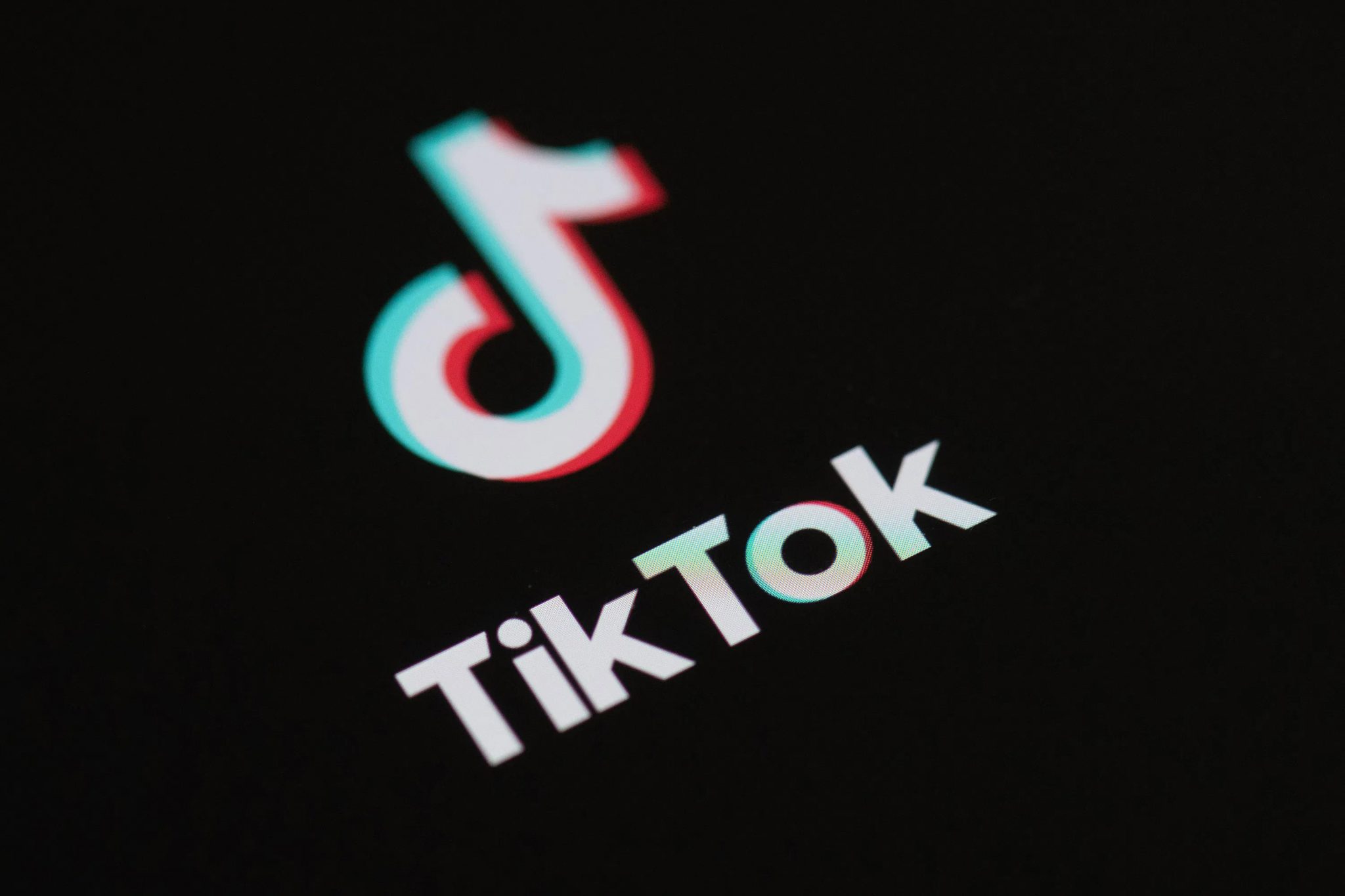
After more than 40 years of operation, DTVE is closing its doors and our website will no longer be updated daily. Thank you for all of your support.
TikTok cracks down on political fundraising ahead of US midterms

Ahead of the US midterm elections in November, short-form video and social media app TikTok has said that it will ban all political fundraising on its platform.
Outlining the company’s revised elections rules in a blog post, TikTok’s president of global business solutions Blake Chandlee said that it is making a number of sweeping changes to its platform. The most immediate change is the immediate switch-off for all advertising and monetisation features for politicians and political parties.
In the near future, accounts belonging to politicians and political parties in the US will have to apply for verification as part of a trial that could be rolled out internationally.
Chandlee wrote: “We don’t proactively encourage politicians or political parties to join TikTok, but we welcome those that have chosen to and want to ensure our community knows the source is authentic when watching that content.
“While many political accounts have added the verified badge to their profile already, doing so is currently optional. Starting today in the US, we’ll be trialling mandatory verification for accounts belonging to governments, politicians, and political parties through the midterm elections.”
Furthermore, TikTok will enforce more strict content restrictions that bans politicians and parties from using the platform to direct viewers to their campaign websites to make donations.
The exec added: “TikTok has long prohibited political advertising, including both paid ads on the platform and creators being paid directly to make branded content. We currently do that by prohibiting political content in an ad, and we’re also now applying restrictions at an account level. This means accounts belonging to politicians and political parties will automatically have their access to advertising features turned off, which will help us more consistently enforce our existing policy.”
Chandlee also said that TikTok will allow government organisations to “advertise in limited circumstances” such as to support public health and safety and access to information.
The blog post concludes: “TikTok is first and foremost an entertainment platform, and we’re proud to be a place that brings people together over creative and entertaining content. By prohibiting campaign fundraising and limiting access to our monetisation features and verifying accounts, we’re aiming to strike a balance between enabling people to discuss the issues that are relevant to their lives while also protecting the creative, entertaining platform that our community wants.”
The move to effectively stop TikTok from being a platform for political campaigning stands in stark contrast to other, older social media apps like Facebook and Twitter which are commonly used as soapboxes for politicians to promote their ideologies, brand – and misinformation.

